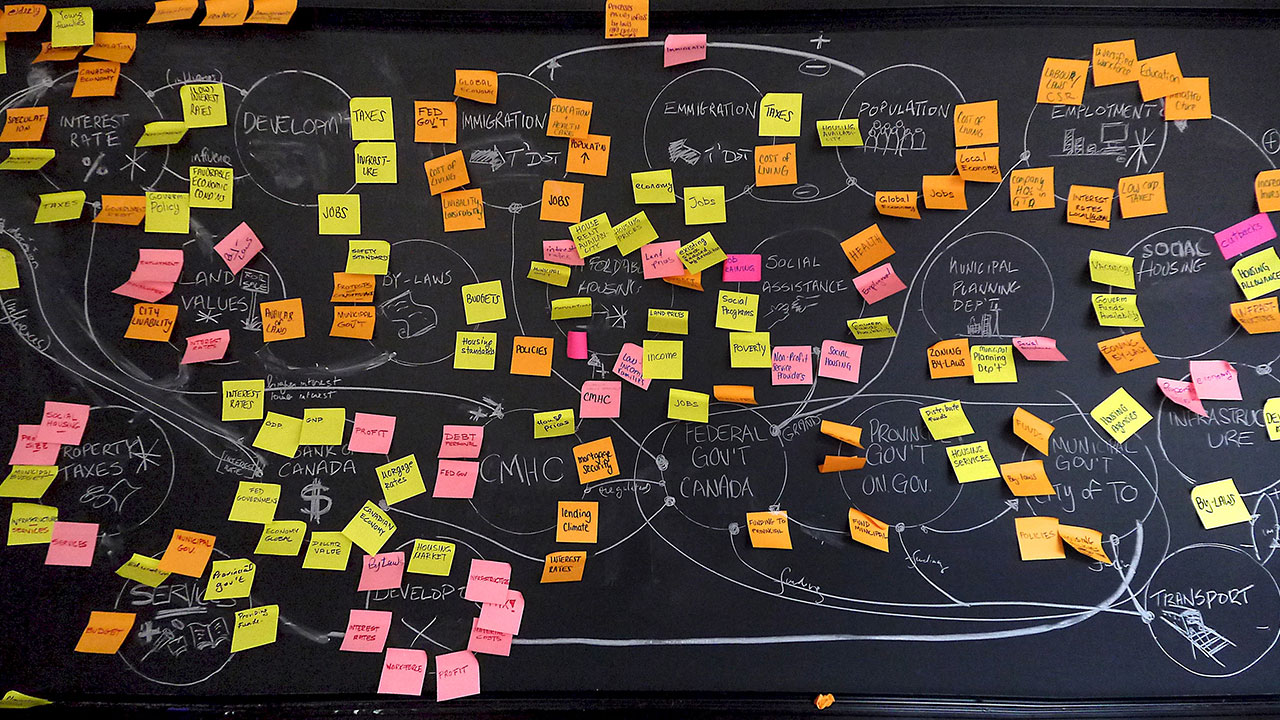What a year! A year that gave the world more than it could chew. Pandemics, Recessions, Protests, Deaths, Natural Disasters and many more tearful events held sway from beginning right through to the end. 2020 plumbed the depths of sorrow and sadness, causing such numbness in body, soul and spirit across the world. No one alive had witnessed anything like it before and the experience of it will be talked about for generations to come. Indeed, it’s the one year guaranteed to go into history as a true game-changing one.
Despite the long and almost interminable pain it brought on the world, 2020 also left us with many memories that will guide how humans relate socially and occupationally going forward. It changed so much about the “old” world, and forced new perspectives to the fore. So, rather than spend time on the painful experiences of 2020, of which there are far too many to recount, it is so much better to look at the positives and make the best of them.
Where better way to start than with the changed culture of the working environment. For many years, many in the corporate world had talked up “Flexible Working”. It was hinged on the premise that allowing employees to work from home, from time to time, aided productivity, rather than detract from it. Despite the mounting evidence, few companies took this on to a great degree. Then the Covid Pandemic broke out and lock downs were imposed in most parts of the world. In no time, Working-from-home (WFH) became the norm. More interesting was that this was put into practice in both private corporations (who are more inclined to innovation), and the hyper-conservative, innovation-averse public corporations. Going into the future, it is now quite clear that a lot of work, hitherto confined to offices, will now be delivered from homes and informal locations. For corporations and governments, this should help to drive down operational expenses such as the cost of office spaces, transportation, office “consumables”, “sitting allowances” etc. In an age where keeping costs down is key, this is no small win.
The year 2020 was also the year of the digital classrooms. It was the year when teaching, from kindergarten to tertiary levels, moved exclusively to the digital world. Tools such as Zoom, Google Classroom and a host of others, largely used by corporations and those in the upper echelons of society, became mainstream. With schools shut down and students forced indoors, schools around the world shifted their services online. To be sure, online schooling had gained grounds over the past couple of decades. With increasingly better Internet connectivity allowing for the development of various tools, formal and informal education practitioners had found ways to tap into the benefits. But the Covid Pandemic democratised it across all levels of education. In the process, it further helped to drive up computer literacy, while getting parents immersed in the day-to-day learning of their wards. A win-win for all.
Advertisement
Another area where 2020 left us with great memories is the sartorial space. Nigerians love fashion and spend not a small amount of it trying to look good. Going out required astute planning to ensure that the right outfit is picked for the right occasion. But not in 2020, the year when many realized that they really did not need all the amount of clothing and shoes that were packed into wardrobes and closets. For most of the year, with no offices to go to or parties to attend, casual wear became the norm. Many men became well bonded to shorts and t-shirts, while ladies found affinity with Boubous. This fashion trend may well be with us for sometime to come.
But perhaps no other sector was as affected by the Pandemic of 2020 like the Religious sector. The practice of religion, especially the 2 main faiths in Nigeria (Christianity and Islam), was so badly hit that it may take decades for it to fully recover. Many religious doctrines, from prayers to fasting to giving, took a hammer blow. Monthly pilgrimages to religious centres, such as the famous Holy Ghost Congress of the Redeemed Christian Church of God, disappeared from the face of the map. Not a few have breathed a sign of relief from not having to deal with the attendant traffic snarl they cause. Weekly services in churches and mosques also moved online and in-home, and with it the noise pollution that came with many of them.
Another religious tradition that took a beating in 2020? The annual ritual of prophesies. For decades on end, religious leaders regaled Nigerians with prophecies and predictions of the year to come. Hardly any sector of national life was immune from their predictions. From the economy to politics to sports, there was always a message from above on what to expect. Often couched in inexactitude, the reader is left with messages that are open to interpretations and liable to explanations – like the get-away clauses of bad contracts. Well, despite all the elasticity, none predicated the predicament that was 2020. And so, at the end of the 2020 and coming into 2021, the reluctance to “prophesy” was palpable. This could not have come too soon.
Advertisement
It is to the credit of Nigerian youths, the Soro-Soke Generation, that we must end this piece. For 2020 was their coming-out year. Long abandoned by succeeding governments, and left with dwindling hopes for the future by the realities of today, they finally found their purpose – to push for a better governed country. Armed with this purpose, they coalesced around a message, #EndSARS, and shook the country in a series of peaceful protests. These protests were further accentuated using social media platforms, ultimately taking it global. And while the aftermath became bloody, the message of the #EndSARS protests was unmistakable – governance will no longer be business as usual.
May Nigeria be infinitely better for all these changes!
Adetayo is a public and international affairs commentator
Advertisement
Views expressed by contributors are strictly personal and not of TheCable.
Add a comment







